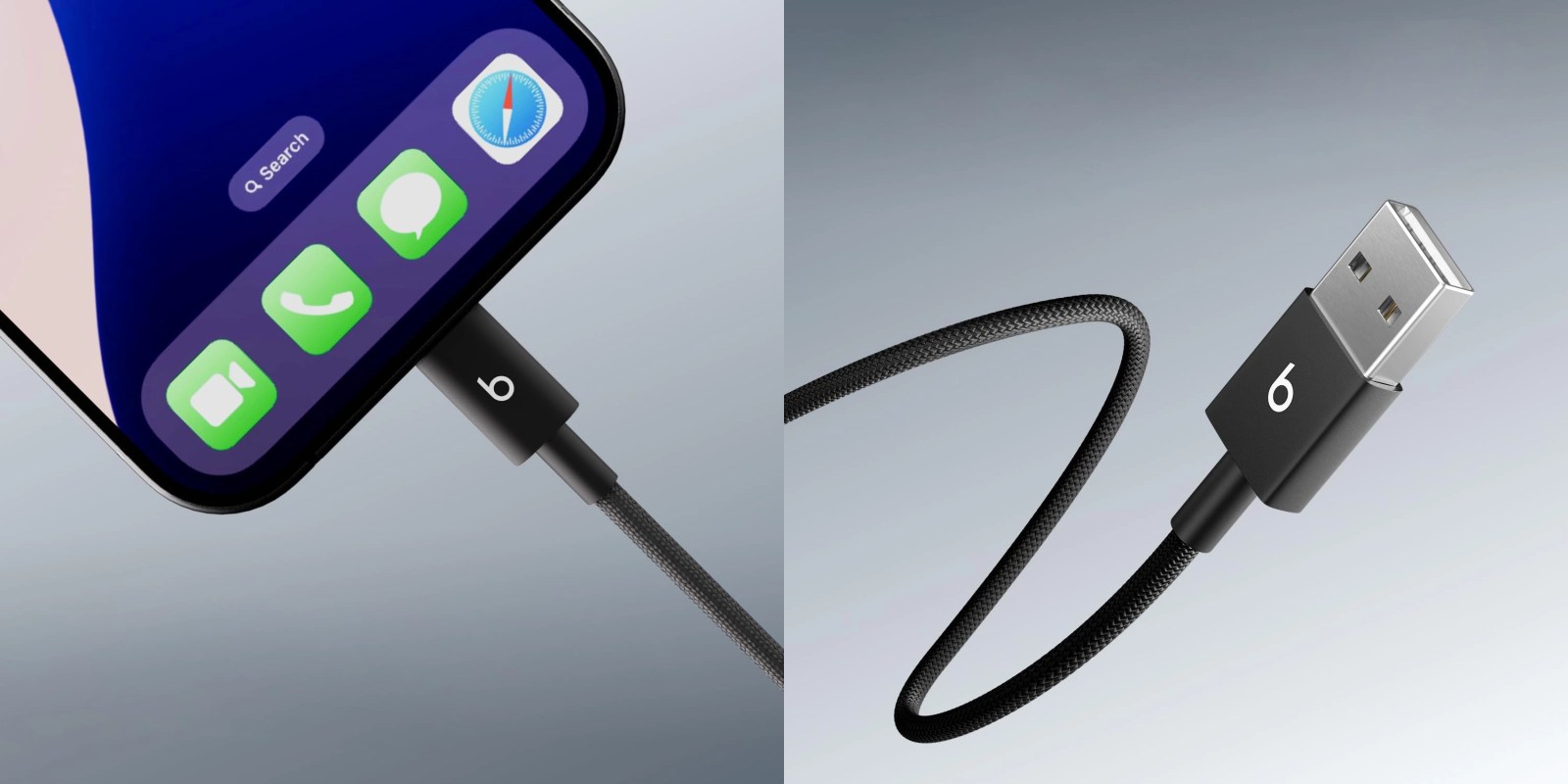Microsoft has recently filed a legal brief supporting Epic Games in its ongoing antitrust battle against Apple, alleging that Apple’s restrictive App Store policies have impeded Microsoft’s plans to establish an Xbox mobile gaming store. This development underscores the broader industry contention over Apple’s control of app distribution and in-app purchases on iOS devices.
Background on Microsoft’s Mobile Gaming Ambitions
In early 2024, Microsoft announced its intention to launch a dedicated Xbox mobile game store, aiming to provide a platform for its own titles, such as the popular Candy Crush series acquired through its purchase of Activision Blizzard, as well as third-party games. The envisioned store was designed to offer developers and consumers an alternative to Apple’s App Store, potentially challenging the prevailing 30% commission fee imposed by Apple on in-app purchases.
Microsoft’s strategy involved creating a web-based platform accessible via links within its apps, a method similar to the one employed by Epic Games to circumvent App Store restrictions. However, these plans have faced significant delays, which Microsoft attributes to Apple’s ongoing legal maneuvers and stringent App Store guidelines.
Apple’s App Store Policies and Legal Challenges
Apple’s App Store policies have been a focal point of contention, particularly concerning their impact on cloud gaming services and alternative app stores. Microsoft has identified several provisions within Apple’s guidelines that it claims limit the ability to distribute and operate a cloud gaming iOS native app. These include requirements that all content, subscriptions, and features be available as in-app purchases, subjecting them to Apple’s commission fees. Microsoft argues that these fees are economically unsustainable and hinder the monetization of cloud gaming services on iOS platforms.
The legal battle between Epic Games and Apple has further highlighted these issues. In a September 2021 ruling, Judge Yvonne Gonzalez Rogers found that Apple’s anti-steering policies violated California’s Unfair Competition Law, leading to an injunction that prohibited Apple from preventing developers from informing users about alternative payment methods. Despite this, Apple has continued to enforce policies that Microsoft and other developers view as restrictive.
Microsoft’s Support for Epic Games and Legal Implications
By filing a brief in support of Epic Games, Microsoft is aligning itself with efforts to challenge Apple’s control over app distribution and in-app purchases. Microsoft contends that Apple’s appeal against the injunction and its request for a temporary stay have created an environment of uncertainty, making it risky for Microsoft to proceed with launching its Xbox mobile store. The company fears that if it were to launch the store and Apple subsequently secured a temporary stay, it might be compelled to withdraw the store, resulting in wasted resources and potential legal complications.
Microsoft’s position is that Apple’s actions not only stifle competition but also limit consumer choice and innovation within the mobile gaming industry. The company is advocating for the court to enforce full compliance with the existing injunction, thereby allowing developers to offer alternative payment methods and app stores without undue restrictions.
Broader Industry Impact and Future Outlook
The dispute between Microsoft and Apple is emblematic of a larger industry struggle over app store policies and the balance of power between platform owners and developers. Regulatory bodies in various jurisdictions are increasingly scrutinizing these practices, with some, like the European Union, implementing legislation aimed at promoting competition and consumer choice.
For instance, the EU’s Digital Markets Act (DMA) requires platform owners to allow alternative app stores and payment systems. In response, Apple has made some concessions, such as permitting developers to link to external payment options, albeit with certain restrictions and fees that continue to draw criticism.
Microsoft’s commitment to launching an Xbox mobile store reflects its broader strategy to unify gaming experiences across console, PC, and mobile platforms. By offering a web-based platform, Microsoft aims to bypass traditional app store restrictions and provide a more open and developer-friendly environment. However, the success of this initiative is contingent upon the resolution of ongoing legal disputes and the establishment of a regulatory framework that supports fair competition.
As the legal battles unfold, the tech industry is closely monitoring the outcomes, which could set significant precedents for app store operations, developer rights, and consumer access to diverse digital content. The resolution of these disputes may ultimately reshape the landscape of mobile app distribution and influence the strategies of developers and platform owners alike.



